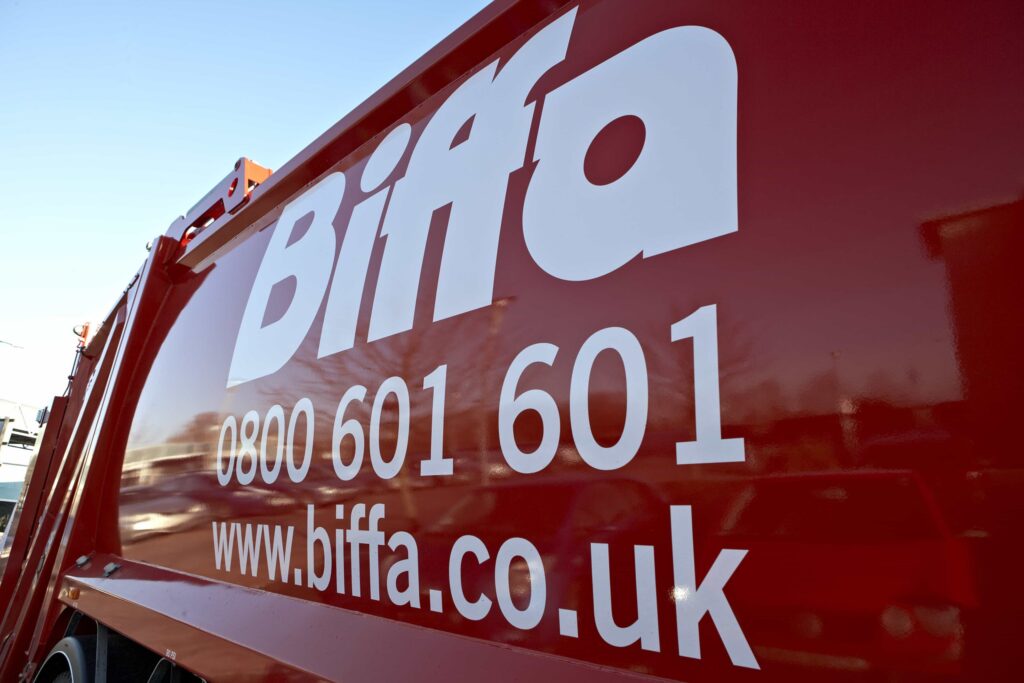
For the prosecution, counsel Barry Berlin told the court that Biffa held a Pollution Prevention and Control (PPC) Permit, which is now known as an Environmental Permit, allowing the treatment and transfer of hazardous waste at the Wednesbury Waste Management Resource Centre, and that the company was obliged to follow the conditions of the permit.
Incident
However, the court heard how, in an incident on November 23 2006, a contractor for KPH Environmental, working on the site, carried out work on a tank which resulted in its partial collapse while other contractors were working close by.
The contractor did not hold the appropriate permits to work, and there were neighbouring tanks of hazardous waste within the area that could have been damaged, potentially leading to the release of pollution chemicals.
Following the incident, the EA served notices suspending the use of the adjacent tanks and requiring improvements to site security and contractor management, which Biffa complied with – leading to the suspension notice being lifted in late January 2007.
A second incident, in March 2007, involved an audit of the site's containerised waste storage which identified several breaches of the permit branded “significant” by the EA, relating to issues with storage and signage on site. As a result it served a new enforcement notice.
An inspection of the transfer station on May 21 2007 then identified non-compliance of that notice, before another on June 11 2007 noted “noticeable improvements in standards”.
However, the Agency then inspected again on July 26 2007, and identified further non-compliances.
Mitigation
In mitigation, Biffa's counsel Richard Banwell stated that the company had self-reported the tank incident, pleaded guilty at the earliest possible opportunity and made improvements to its systems.
In sentencing, the magistrates stated Biffa had been reckless rather than acting intentionally or carelessly, and had not acted out of financial motives.
However, they said the company had the ultimate responsibility for the actions of its contractors, which could not be passed on.
Following the sentencing, EA officer Iain Storer said: “This result highlights the need for operators of hazardous waste installations to comply with their permits, the conditions of which have been designed to prevent accidents or incidents occurring, or to minimise the potential impacts of any that do occur.
“I'm pleased to report that standards at the Wednesbury site are now greatly improved,” he added.
Biffa was also ordered to pay the standard £15 victim surcharge, aimed at helping improve services for victims of crime.
Biffa
Responding to the court's ruling, Biffa's director for environment and external affairs, David Savory, said: “We were let down badly by a contractor who we expected to perform his work professionally and diligently. His actions could not have been anticipated and the management system that we accept should have had in place would not have prevented this incident.
“However, under the Regulations, this is a strict liability matter and we accept that the ultimate responsibility rests with us,” he added.
Mr Savory expressed concern over the EA's role in relation to waste storage, and in particular a “lack of consistency” with their national audit programme, but accepted that the failure to comply with a formal notice meant that “we let ourselves down”.
He added: “Since these incidents a number of improvements have been put in place, there have been changes to management, and all activities now meet the required standards. Biffa is committed to continuous improvement and high environmental and safety standards in all its waste management activities.”










Subscribe for free